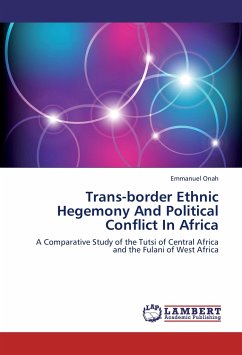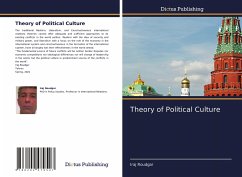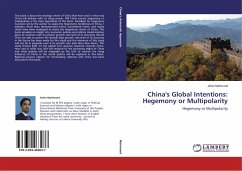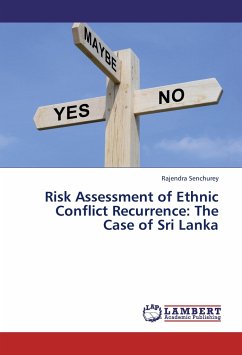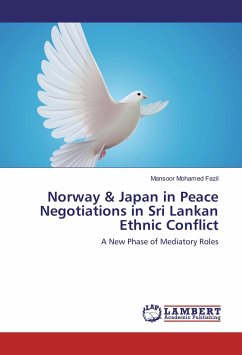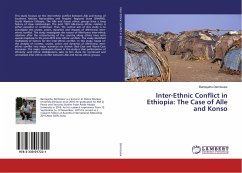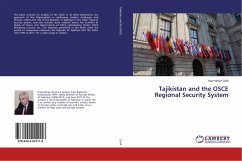This book is about the Tutsi and the Fulani, two trans-border ethnic groups partitioned into the countries of Central Africa and West Africa, respectively. Colonialism had partitioned most ethnic groups in Africa across countries,a fact that has created numerous problems in the countries where the fractions of the partitioned groups live. In the case of the Tutsi and the Fulani, the manner of their partition was such that their fractions constituted minorities in almost all the countries where they appear. Because of this, the respective fractions did not have much access to power and other socio-economic opportunities in the various countries where they live. Consequently, group solidarity among the fractions of these two groups respectively has been high and attachment to the respective states has been low. The fractions have also shown the tendency to agitate for power in their respective countries, as a means of maintaining group hegemony. However, hegemony brings about political conflict across all the countries where the fractions of the respective trans-border ethnic groups live, and this soon degenerates into violence, between these fractions and other ethnic groups.
Hinweis: Dieser Artikel kann nur an eine deutsche Lieferadresse ausgeliefert werden.
Hinweis: Dieser Artikel kann nur an eine deutsche Lieferadresse ausgeliefert werden.

